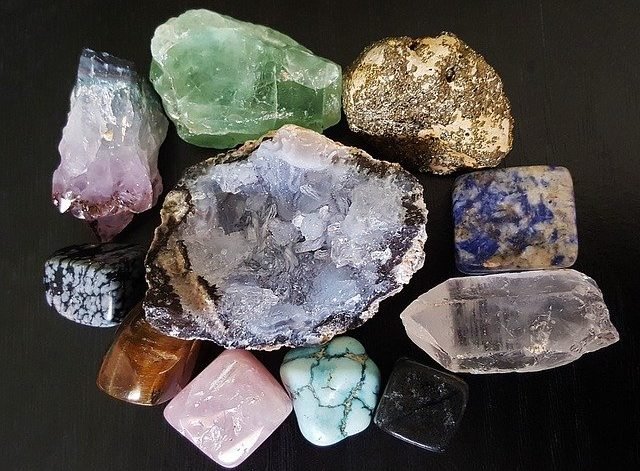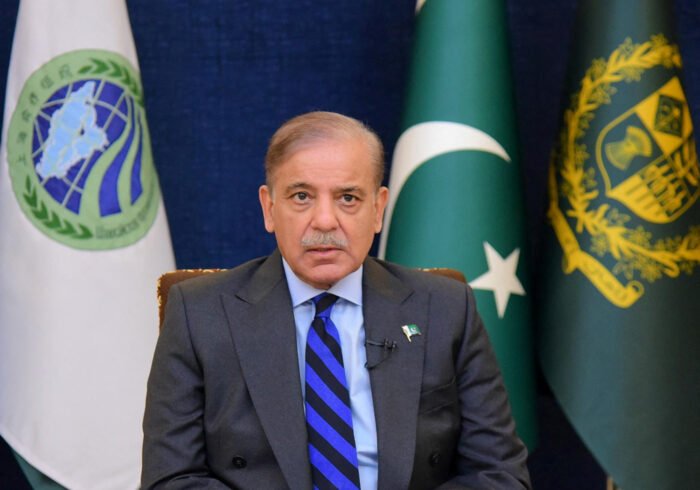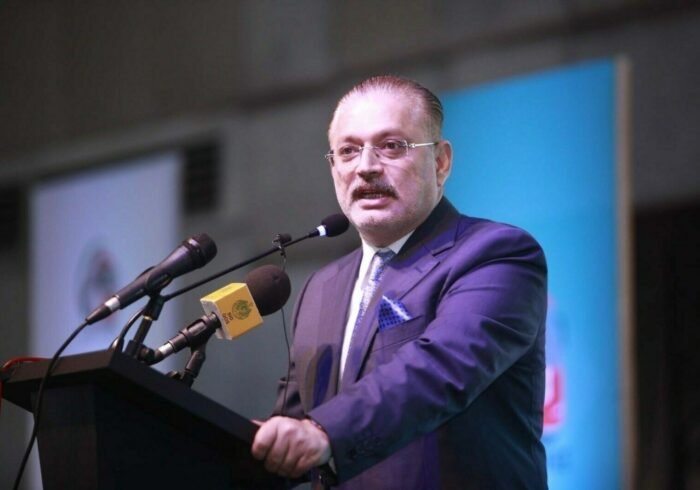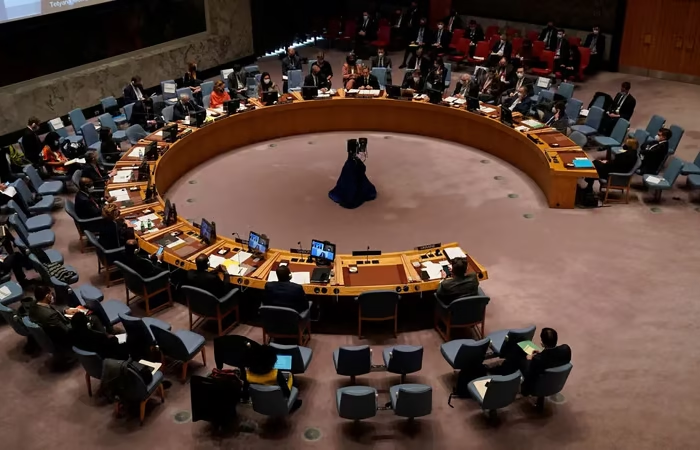The government, under the leadership of Prime Minister Shehbaz Sharif, is gearing up to promote Pakistan’s vast mineral resources, spanning approximately 600,000 square kilometers, at the Pakistan Minerals Investment Forum 2025 (PMIF25), according to a report by The News on Wednesday.
Scheduled for April 8 and 9, the forum will serve as a key platform for international investors, corporate leaders, policymakers, diplomats, financial institutions, and industry experts to explore promising opportunities in the country’s mining sector.
A senior official from the Mineral Department within the Petroleum Division highlighted the sector’s untapped potential, stating, “Pakistan’s mineral wealth is a dormant giant with immense economic value. Through strategic investment, infrastructure development, and value addition, the mining industry has the potential to become a major driver of economic growth.”
Currently, despite its vast resources, the mining sector contributes just 3.2% to Pakistan’s GDP, with mineral exports accounting for a mere 0.1% of the global total. However, with increasing foreign investment, enhanced exploration, and improved infrastructure, the industry is expected to witness substantial growth in the coming years.
At present, Pakistan boasts 92 known minerals, 52 of which are commercially extracted. The country produces approximately 68.52 million metric tonnes of minerals annually and operates over 5,000 mines. Additionally, more than 50,000 Small and Medium Enterprises (SMEs) operate within the sector, collectively providing direct employment to around 300,000 workers.
Recognizing the sector’s potential, the government is in the process of finalizing the National Minerals Harmonisation Framework 2025, a comprehensive policy aimed at formalizing regulations and encouraging investment at both provincial and national levels. This framework will introduce incentives for both local and international investors, streamline mining regulations, and promote public-private partnerships to drive sectoral growth.
Pakistan is home to some of the world’s most valuable mineral deposits, including the second-largest salt mines globally, the fifth-largest copper and gold reserves, and substantial coal deposits. In addition, the country holds significant amounts of bauxite, gypsum, and precious gemstones such as ruby, topaz, and emerald, all of which hold promising export potential.
The mining sector is increasingly attracting interest from international investors, with foreign companies showing keen interest in Pakistan’s largely untapped mineral wealth. One of the most notable projects is the Reko Diq copper and gold mine, located in Balochistan’s Chagai district. Recognized as the world’s largest untapped copper reserve, the project stands as a landmark initiative in Pakistan’s mining industry.
Revived by Canada’s Barrick Gold, Reko Diq is expected to commence copper and gold production by 2028, backed by an initial investment of $5.5 billion. According to Barrick Gold’s CEO, Mark Bristow, the mine is projected to generate approximately $74 billion in free cash flow over a 37-year period, based on long-term price forecasts.
Upon full-scale production, the project is anticipated to contribute $2.8 billion in annual exports while creating thousands of jobs and significantly transforming the regional economy. Plans are also in place to expand production capacity, increasing annual copper output to 400,000 tonnes and gold production to 500,000 ounces, with an additional $3.5 billion investment.
As part of an intergovernmental transaction agreement, the federal cabinet has approved the sale of a 15% stake in Reko Diq to Saudi Arabia. Under this agreement, Saudi mining firm Manara Minerals will acquire the stake, potentially bringing in an investment of $1 billion.
A government official emphasized the importance of infrastructure development in maximizing the potential of Pakistan’s mining sector. He noted that the China-Pakistan Economic Corridor (CPEC) is playing a crucial role in improving transport and export logistics for mineral resources. With the development of Gwadar Port and Port Qasim, mineral exports are expected to increase significantly, while enhanced road and railway networks will improve connectivity between mining regions and industrial hubs.
In particular, logistics for the Reko Diq project will be managed through a dedicated railway line being developed in collaboration with Pakistan Railways. This rail network will facilitate the transportation of mining supplies from Karachi to the mine and enable the export of copper concentrate and gold from Karachi to international markets.
Beyond Reko Diq, Balochistan is home to over 40 different minerals, including oil, gas, uranium, and coal, which have the potential to meet Pakistan’s energy and industrial demands for the next century. Additionally, the government is working to establish refineries, allowing the country to advance in the value chain by processing raw materials locally rather than exporting them in their unprocessed form.
With increasing interest from global investors, ongoing policy reforms, and infrastructure enhancements, Pakistan’s mining sector is poised for significant expansion. If fully realized, this sector could become a key pillar of economic growth, contributing to job creation, export earnings, and national development.





